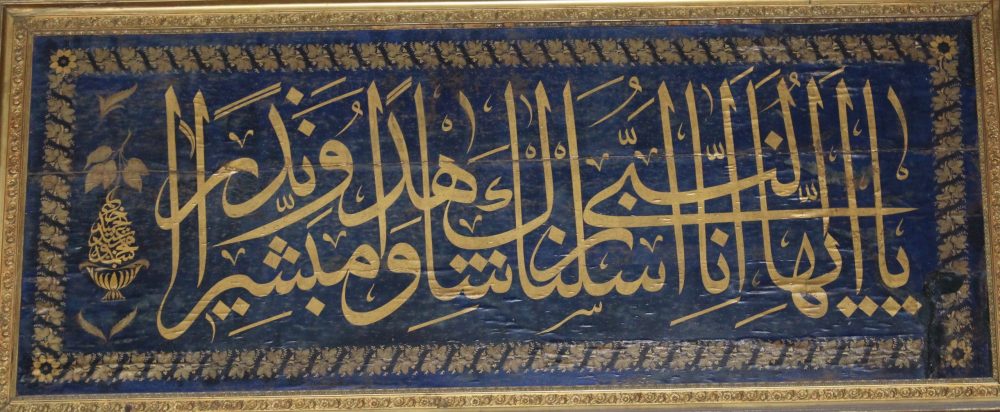It seems we can’t find what you’re looking for. Perhaps searching, or one of the links below, can help.
Recent Posts
- Guyana: A Brazen Heist in Progress
- An Unforgettable Ramadan: Fasting, Feasting and the Beast
- SCHOLAR vs JOURNALIST – Avoid Tripping Over Live Wires
- Tariq Ramadan and Western Muslim Discourse – Elevating Politics Above Faith
- MUSIC IS EVERYWHERE IF YOU LISTEN
- The Radical Middle Way – Why?
- GOING AFTER THE DEAD
- All Dressed Up And No Where To Go
- Between a Rock and a Hard Place
- I REMEMBER – BOSNIA
Most Used Categories
- Reflections (36)
- Papers (4)
Archives
Try looking in the monthly archives. 🙂
Tags
- Abdal Latif Whiteman
- Abu Ameenah
- Ahmad Ehwass
- Al-Qaeda
- Anna Maria Tremonti
- Bilal Phillips
- Bosnia
- CBC
- Farhat
- FCNA
- Global Peace and Unity
- GPU
- Guyana
- Hakim Quick
- Hashmi
- hilal
- Islamic Law
- ISNA
- Jamaat-t-Islam
- JoF
- Journey of Faith
- Kabul
- liberalism
- Libyas
- Mohammad Ashraf
- Moonsighting
- Muammar Gaddafi
- Muhammad Idris
- multiculturalism
- Muslim
- Muslim Brotherhood
- Omar Khayyam
- Reasonable Accommodation
- RIS
- Salafist
- Saleem Shazad
- Sarajevo
- Stewart Bell
- TBE
- TDSB
- terrorism
- Toronto 19
- Valley Park Middle School
- Zakir Naik
- Zuhair Kashmeri
